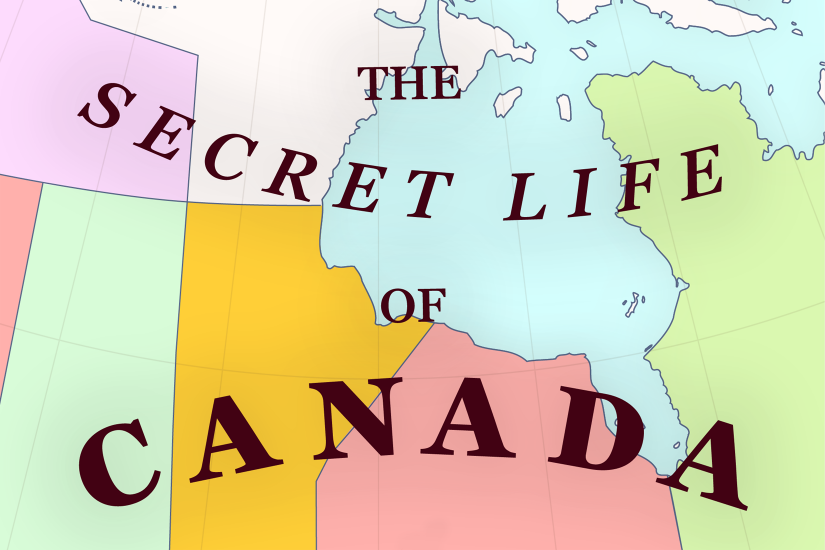The version of this country’s history that many Canadians are taught tends to gloss over, if not totally exclude, the colonialism, racism and violence that Canada was built on. The new podcast, The Secret Life of Canada, promises to disrupt the narratives of erasure common in typical social studies classes and much of this year’s Canada 150 programming. The podcast is both critical and candid when shedding light on the nation’s past.
In the first episode, “The Secret Life of Banff,” hosts Leah-Simone Bowen and Falen Johnson explore the origin of the popular Alberta tourist town. Their aim is to tell the stories of “the people who don’t have a statue […] who are not written down in a history book,” says Bowen. Through a mix of narration, interviews and historical documents, we learn that Banff is on lands stolen from five Indigenous communities through disingenuous treaties. Those pushed off their traditional lands included the Stoney-Nakoda people, who were only allowed back to Banff to be exhibited as a tourist draw.
We also discover that Banff’s infrastructure was built by Austro-Hungarian immigrants, who were internment camp prisoners during the First World War. Themes of xenophobia, displacement and resistance are related back to current political events, encouraging listeners to consider how historical marginalization affects the present.
Throughout the episode, Bowen and Johnson establish an easygoing rapport that is a surprise given the seriousness of the subject matter. However, their casual tones and occasional jokes set the podcast apart from your average history lesson, creating space for the two hosts to personally engage with the material. Both openly share their own relationships to Canada: Bowen is a first-generation-born Canadian and Johnson is Mohawk. They set an example by owning up to their own knowledge gaps that are discovered through the podcast’s topics. In turn, listeners are encouraged to start unpacking their own conceptions of Canada’s past.
As a somebody who was unaware of many of the injustices shared in this particular episode, I especially appreciated how The Secret Life of Canada ends with a call to action. It urges listeners to take the stories they’ve learned and share them with others. It’s an important reminder for us all that we must actively confront Canada’s unsavory histories by creating conversations about them in the present.


